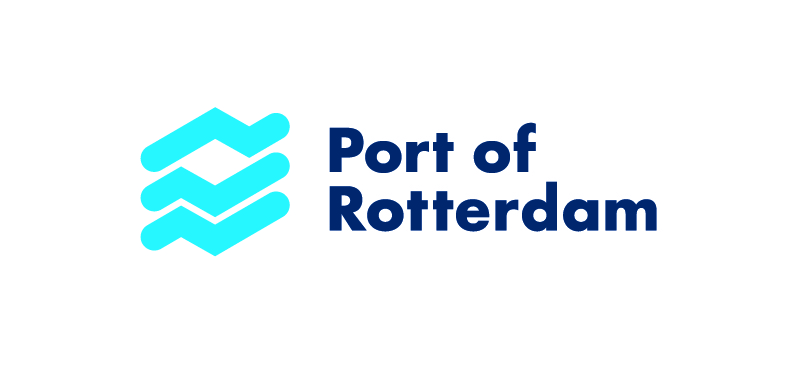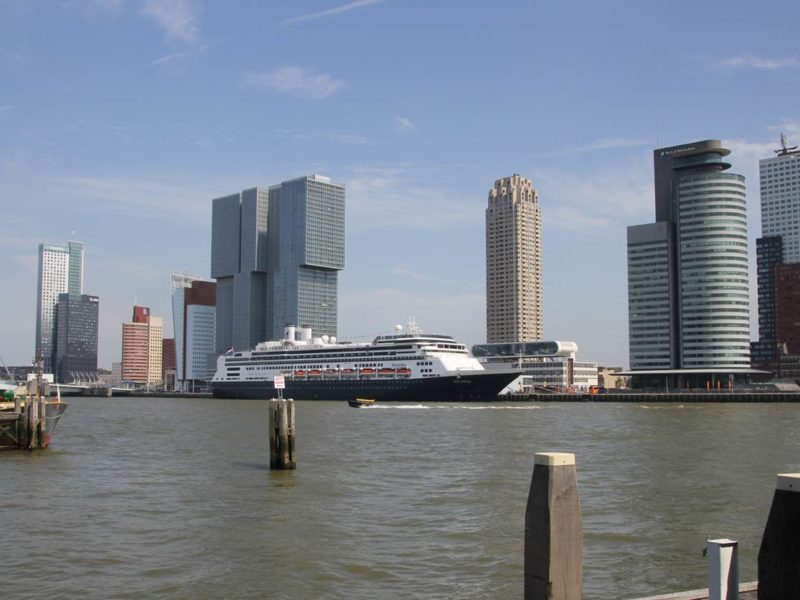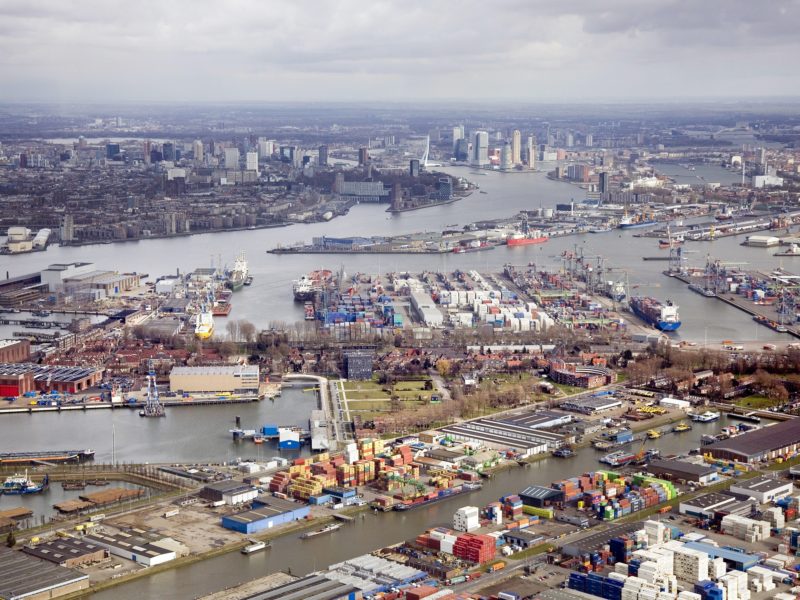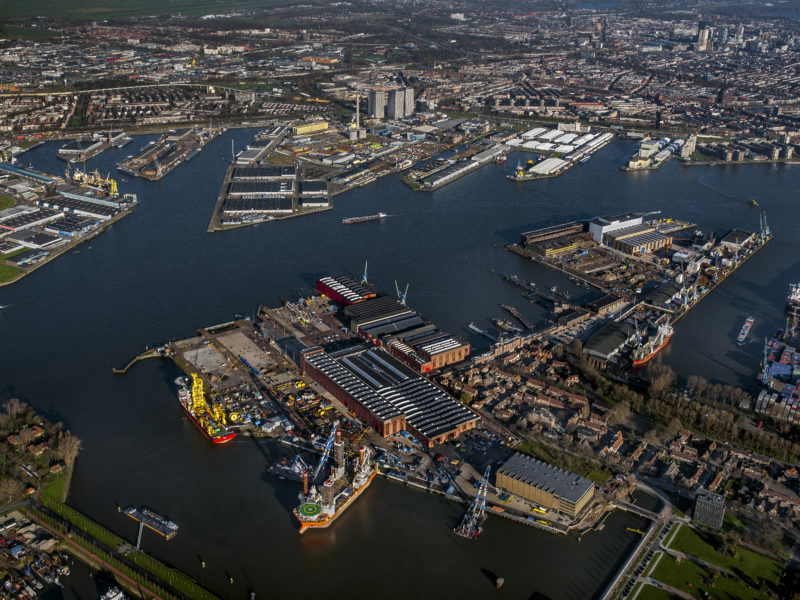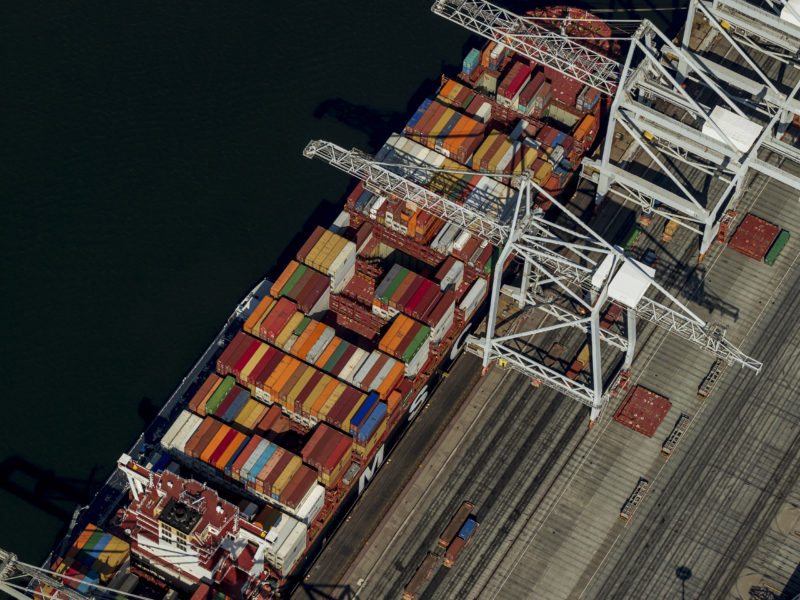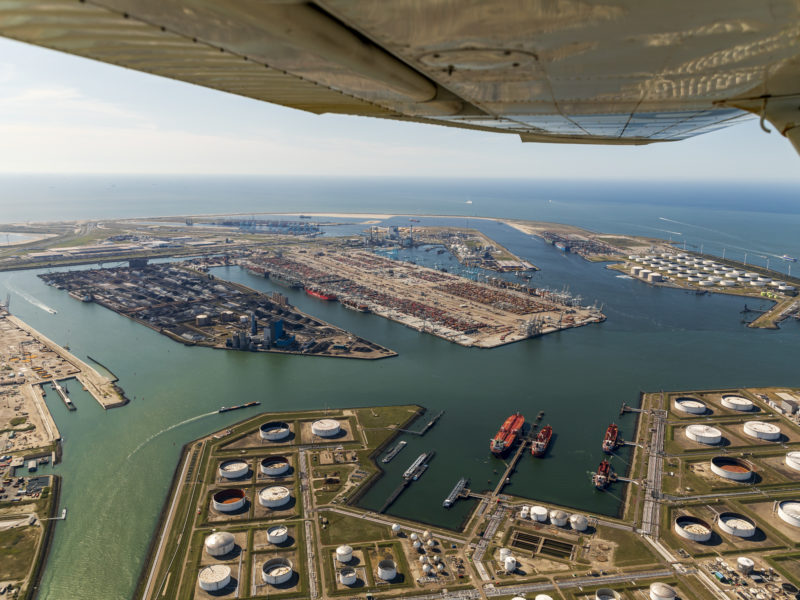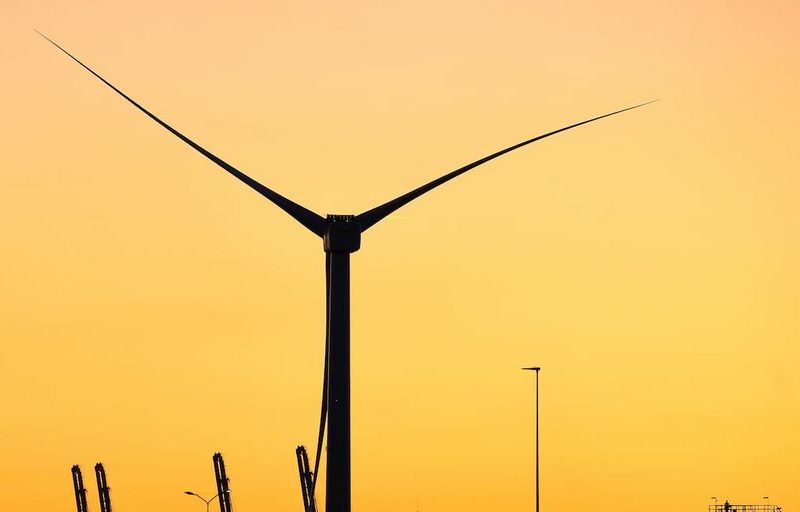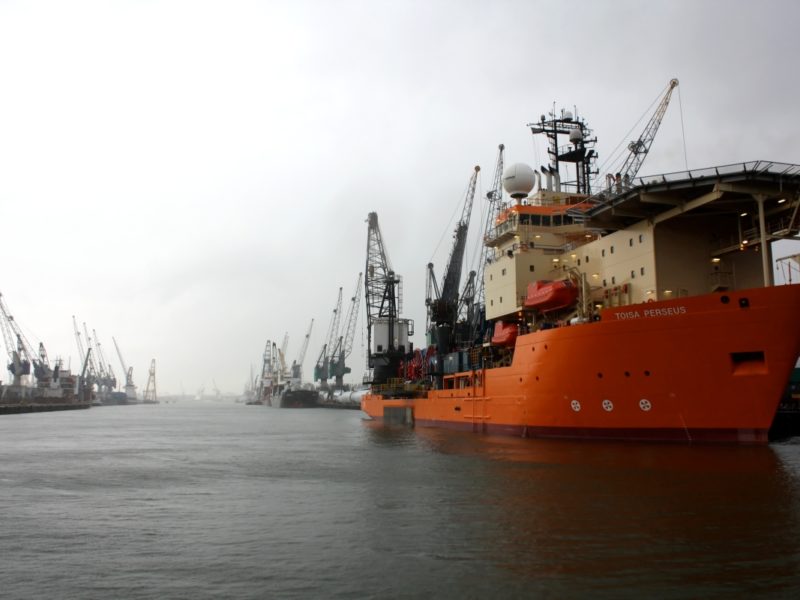Do you ever consider what you are actually filling up at the gas station? Europe’s largest biorefinery is located in the heart of the Port of Rotterdam. Alco Energy Rotterdam converts corn into bioethanol fuel in a production process that generates zero waste. The CO₂ released during the process is transported to greenhouses in Westland and the remaining corn pulp is suitable for use as animal feed. ‘We aim to become the most sustainable biorefinery in Europe. Perhaps even in the world. Logistically, Rotterdam is the ideal place for us.’
Ethanol is produced during the fermentation and distillation of certain crops. Alco Energy - a relaunch of Abengoa - uses animal feed quality corn for this. The sugars in the corn are converted into almost pure alcohol, which can be mixed easily with petrol. European legislation specifies that in order to reduce greenhouse gas emissions from traffic, in 2020 at least ten percent of fuel for the transport sector must originate from renewable energy sources. In line with this, Dutch petrol stations have been obliged since last October to mix some ten percent of bioethanol in Euro95 petrol. ‘If you fill up with Euro95, you’ll see E10 mentioned at the petrol pump. This refers to the ten percent added bioethanol,’ stated Robine Koning, Alco Energy Rotterdam Plant Manager. Greenhouse gas emissions from ethanol are considerably lower than petrol. In Alco’s case, emissions are almost 95 percent lower.
Livestock farming
Every thousand kilos of corn produces 330 kilos of ethanol. Almost the same amount of mass remains after the corn sugars have been converted into alcohol. The high protein level of this DDGS (Distiller’s Dried Grain with Solubles) makes it a very much sought-after product in the animal feed industry. ‘Research shows that DDGS reduces methane production in livestock,’ explained Koning. ‘And as our corn only comes from European countries and has a GMP++ certificate for animal feed safety, it is guaranteed to be GMO-free. It can partially replace imported soybean meal in animal feed.’
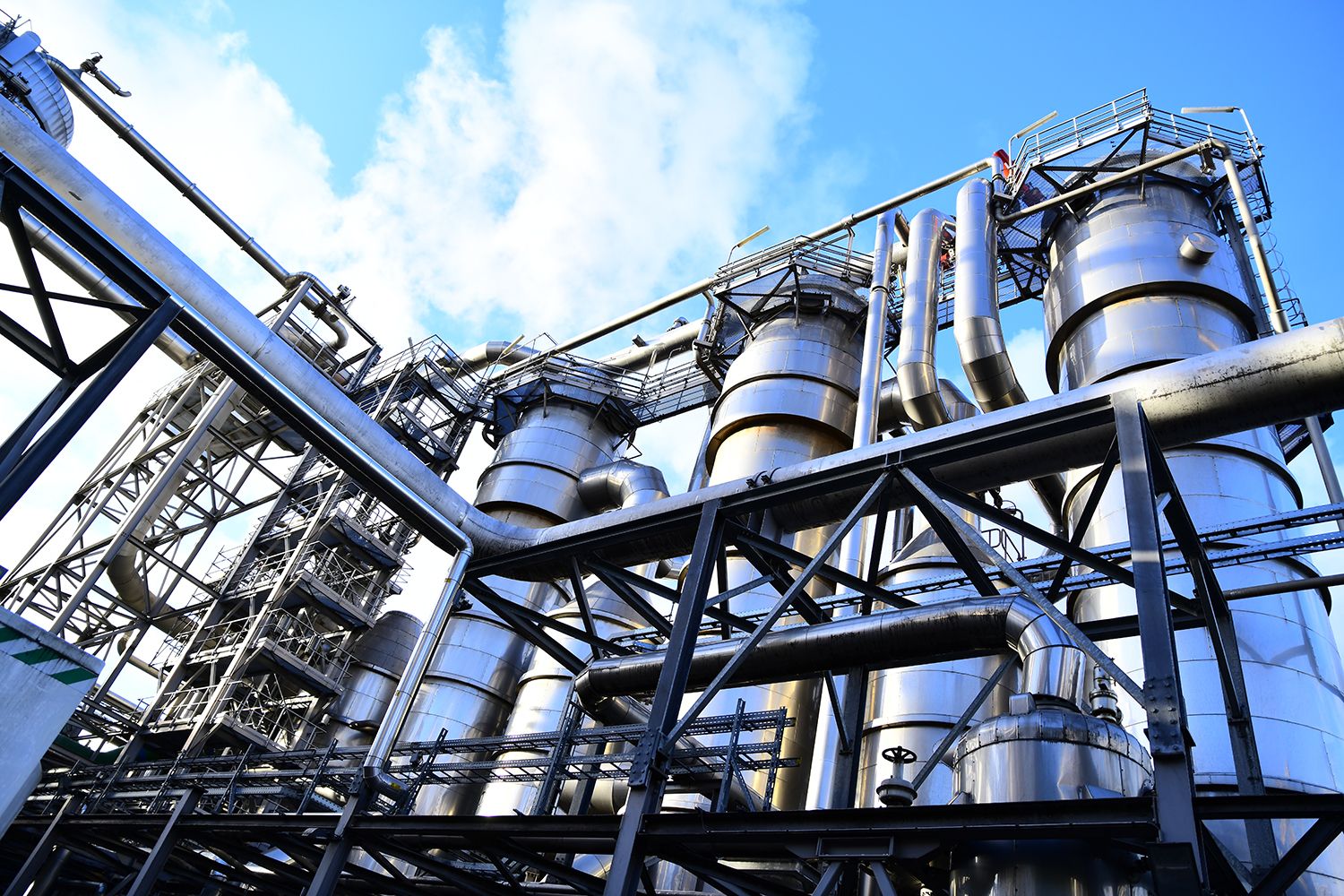
Horticulture industry
Alco Energy transports the CO₂ released during fermentation in the production process via underground pipelines to the horticulture industry in Westland, so that the greenhouses there do not need to generate CO₂ from fossil fuels. ‘This summer we will start using a second compressor so that we can transport even more CO₂ to the horticulturalists,’ stated Rob Vierhout, Alco Energy’s Public Affairs Advisor. ‘This is in line with our ambition to become Europe’s most sustainable, efficient and modern biorefinery. We are currently number two, I think, just losing out to a Swedish company. We are also investigating the possibilities of reducing CO₂ emissions by reducing the use of natural gas and by using other raw materials than corn, such as residual waste.’
‘We aim to become the most sustainable biorefinery in Europe. Perhaps even in the world. Logistically, Rotterdam is the ideal place for us.’ — Robine Koning, Alco Energy Rotterdam
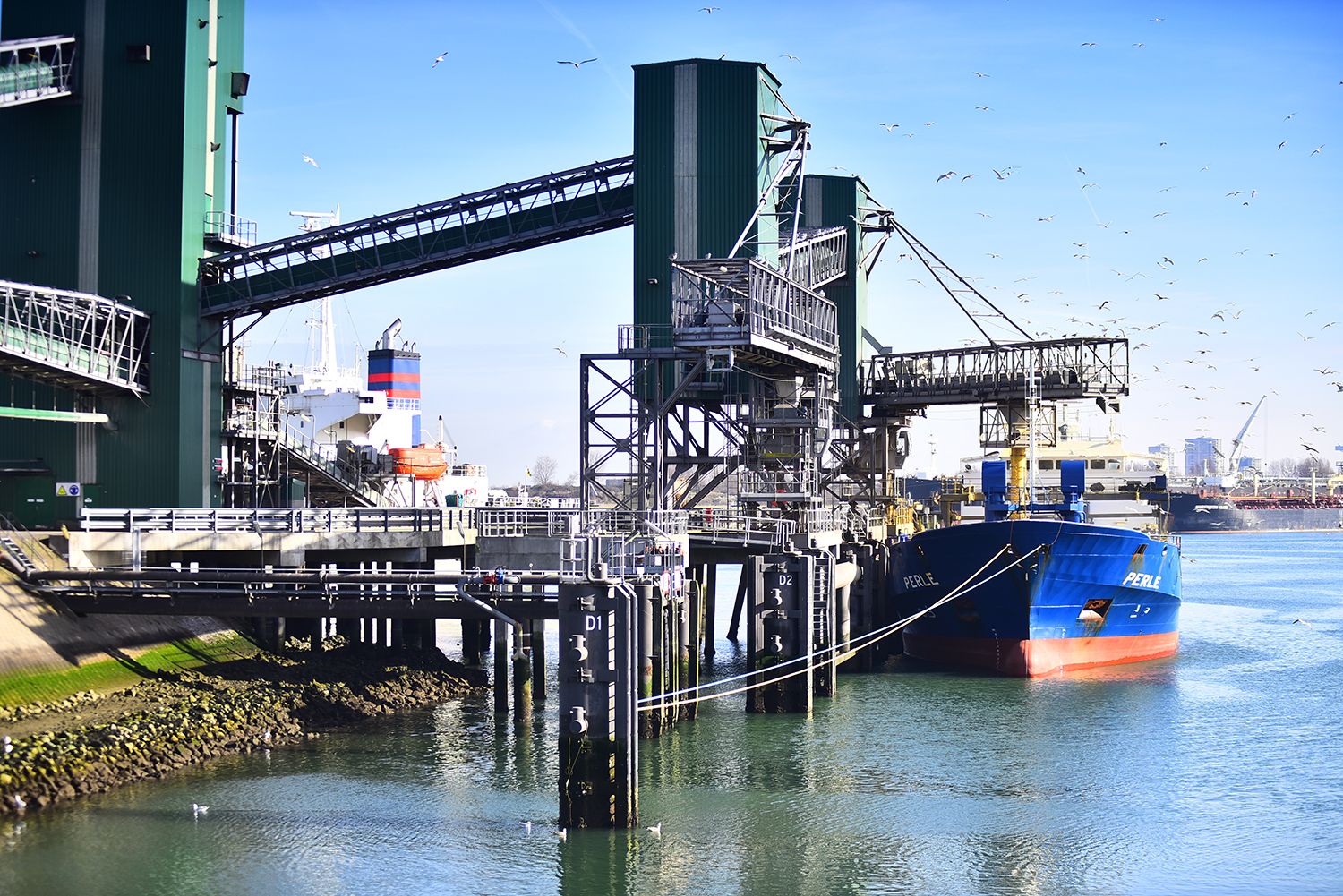
Transport flows
Logistically, Rotterdam is the ideal location for the biorefinery. Corn is unloaded from sea-going vessels that can berth at the plant’s quay. And the inland shipping, rail and road transport connections are also good. ‘Annually, we supply 550 million litres to the petrol market. We transport this ethanol by train or vessel to oil companies, mainly in Northwest Europe,’ stated Koning. ‘This combination of transport flows makes us incredibly flexible.’
This article was previously published on the Port of Rotterdam website.



